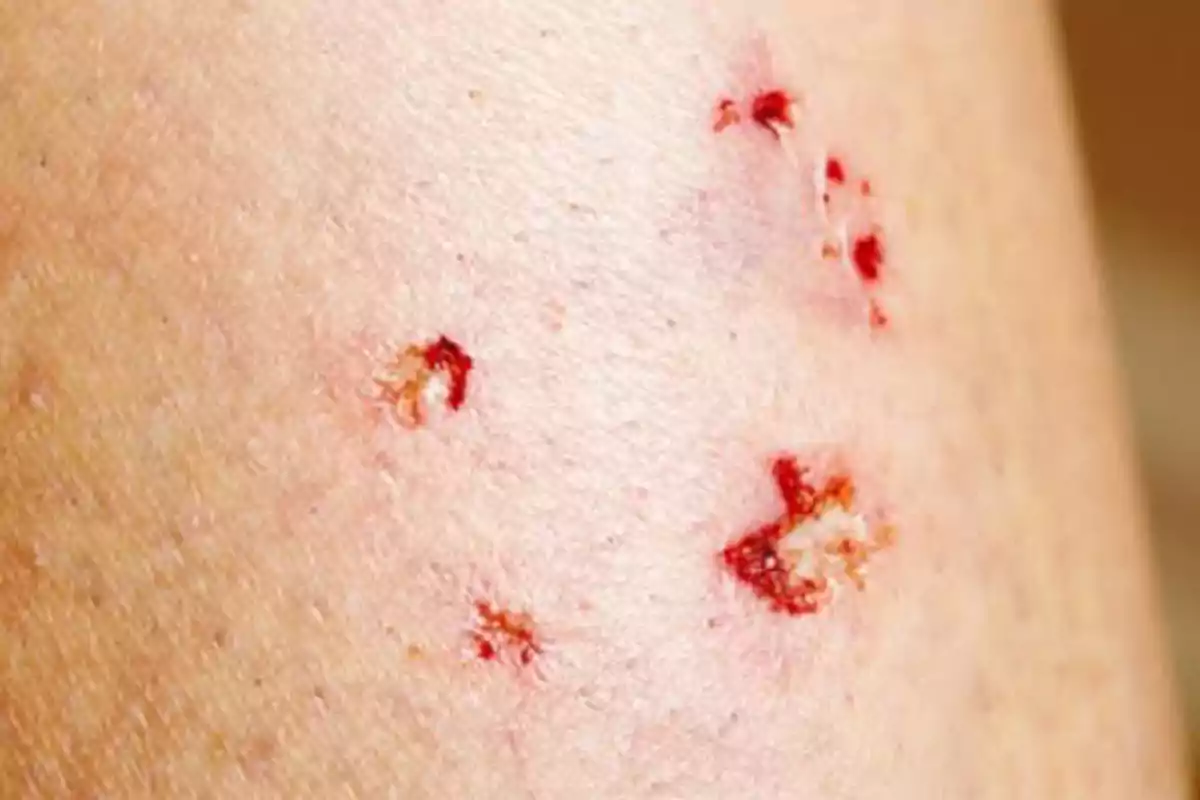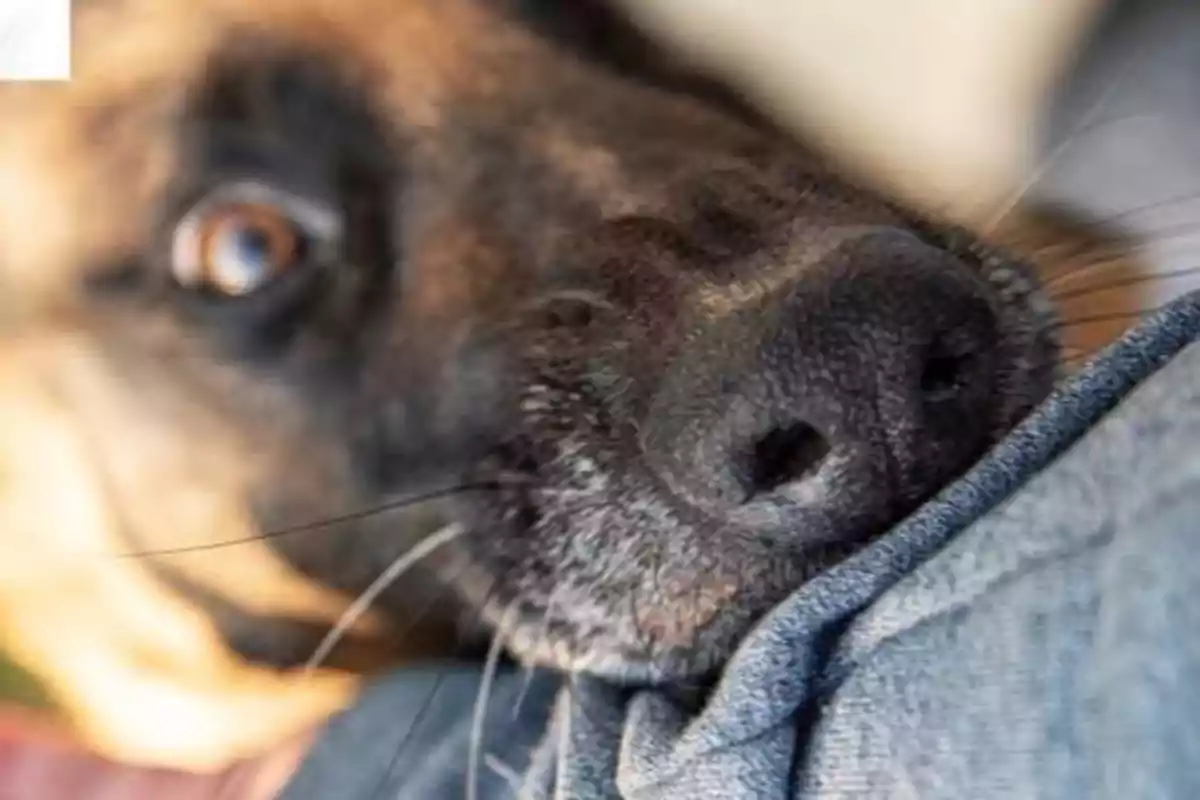
Increase in dog bites in Nuevo León: a growing issue
Increase in cases and preventive measures in the state
In 2024, Nuevo León recorded a concerning increase in dog bite cases, reaching a total of 3,724 incidents during the first 41 weeks of the year.
This increase of 3.42% compared to the same period in 2023 where 3,601 cases were reported places the state in eighth place nationwide in this type of incidents.

National and local statistics
Nationwide, 106,096 dog bites were recorded in the same period, with a daily average of 369.67 cases.
In contrast, Nuevo León presented an average of 12.98 daily cases, reflecting an upward trend in the entity.
The states with the highest number of cases were Estado de México (13,015), Ciudad de México (10,108) and Jalisco (6,861). Meanwhile, Baja California Sur and Colima recorded the lowest figures, with 692 and 862 cases respectively.
Victim profile
Of the total cases in Nuevo León, 55.64% correplied to men (2,072 cases), while 44.36% affected women (1,652 cases).
These figures are consistent with the national trend, where men represented 52.39% and women 47.61% of the reported bites.
Authorities' response
In light of this situation, the Nuevo León Health Department has intensified rabies vaccination campaigns.
The goal for 2024 is to administer 600,000 doses to dogs and cats through home visits, canine and feline care centers.

The head of the department, Alma Rosa Marroquín Escamilla, emphasized the importance of not letting our guard down in rabies prevention.
Highlighting that although no human rabies cases transmitted by dogs have been reported since 1986 in the state, three bats with the presence of the virus have been identified in 2024.
Preventive measures and recommendations
The population is urged to vaccinate their pets and be alert to symptoms such as fever, loss of appetite, aggression, and excessive salivation in animals.
In case of a bite, it is recommended to wash the wound with water and soap for at least 10 minutes and then go to a health center for appropriate medical attention.
Civic collaboration is essential to control this issue along with responsibility in pet care, vaccination, and education about animal behavior are essential pillars to reduce the number of incidents.
Additionally, it is crucial that authorities continue to implement and strengthen sterilization and stray animal control programs, as well as awareness campaigns on responsible pet ownership.
Only through a joint effort between the government and the citizens will it be possible to mitigate the increase in bites and protect public health in the state.
More posts: